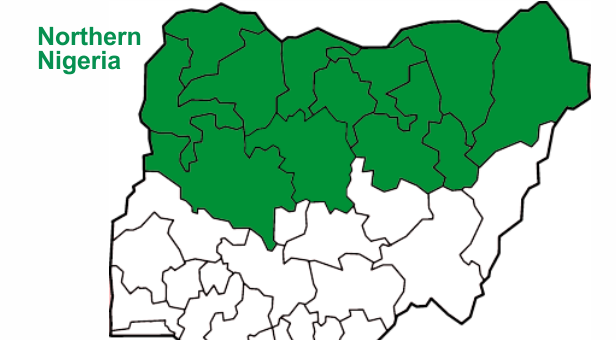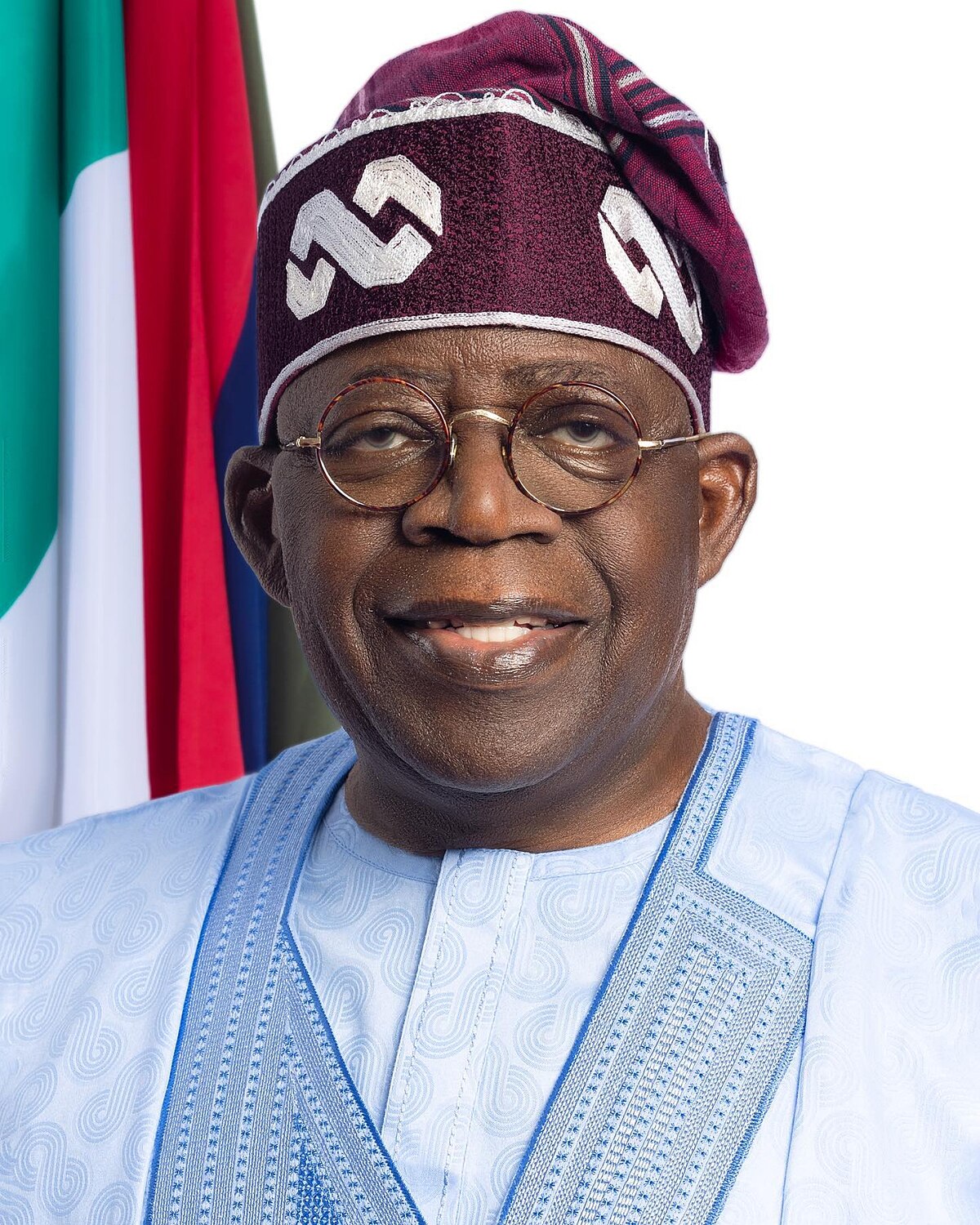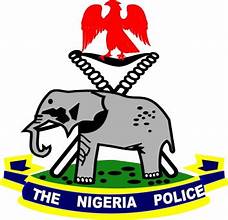Vowing To Hunt Down Killers Of Students, Jonathan Proposes AU Security Index
Nigeria kicked off her centenary celebrations Thursday in Abuja with a security conference, during which President Goodluck Jonathan promised to hunt down the killers of the dozens of school children who were slayed in their college in Yobe State Tuesday by the terrorist group, Boko Haram.
But the conference was marred by news from Madagli and Michika Local Government Areas in Adamawa State of yet another onslaught on innocent citizens by the terrorists.
The latest in a series of attacks in North-eastern Nigeria, which occurred between Wednesday night and the early hours of yesterday, resulted in the death of 25 persons and many others injured in both local councils, as well as the destruction of two banks, police station and property worth billions of naira.
Speaking on the growing spate of attacks on the North-east, Jonathan called for closer ties among African leaders, with a view to confronting and defeating terrorists and purveyors of hate.
The president, who delivered the keynote address on the occasion of the centenary conference on the theme, “Human Security, Peace and Development: Agenda for the 21st Century”, described the brutal murder of the students as an “act of savagery” that is un-Nigerian and un-African.
This is as the president, who said Africa loses $18 billion annually to wars and insurgencies, proposed the establishment of an African Union Security Index (AUSI) to serve as a peer review mechanism on terrorism on the continent.
Dignitaries who spoke at the occasion, drawing experiences from their different countries, were French President Francois Hollande; President of the European Union (EU), Jose Manuel Barosso; a representative of the Prime Minister of the United Kingdom, Mark Simmonds; former Secretary General of the defunct Organisation of African Unity (OAU), Dr. Salim Ahmed Salim; Ethiopian President Hailemariam Desalegn; and Liberian President Ellen Johnson-Sirleaf, among others.
They all condemned the killing of the students by Boko Haram adherents and acts of terrorism in the country, even as the EU, UK and Hollande pledged to assist Nigeria in her anti-terror campaign.
In his address, Jonathan said: “While we respect our national boundaries, terrorists move in and out of our borders. It is now time that we agree as African leaders that acts of terror against one nation is an act of terror against all.
“We must not allow our countries to become havens for terrorists. We must cooperate maximally in better managing our political boundaries. We should adopt protocols that allow countries to pursue terrorists well into their havens in other nations. While we cannot redefine our borders, we must re-define our collective approach to ending trans-boundary terrorism and insurgencies.”
The president stressed that the African Union Peer Review Mechanism needed to pay greater attention to the issues of human security, peace and development, adding: “To promote this, I wish to propose the development of an African Union Security Index (AUSI) that would help us to measure the progress we are making in the areas of security.”
According to the president, what Africa needed more in the 21st century, is a collective action for positive transformation for the good of Africa.
In this regard, he called on other African leaders to join him in seeking new ways to achieve common goals together, new strategies and workable solutions that advance the cause of peace and development.
Jonathan noted that it had become imperative for African leaders to work towards an Africa, where economic growth leads to jobs for all school leavers, regardless of their ethnicity, religion or gender.
He also canvassed for the strengthening of the existing mechanisms for national and international conflict management, and create new avenues for cooperation, within and between African people and their nations.
“We must emphasise that human security and peace are intertwined. Peace is not just the absence of violence or war. Peace encompasses every aspect of social tranquility and wellbeing.
“The peace we strive for is a state marked by the absence of severe human want and avoidable fear. In our lifetime, this peace is attainable, in our nations and our continent.
“I firmly share the view that if we stay focused and work together, we can make this 21st century, the African century. A century where all our children will have enough to eat; a century where all our children will be in school; a century where economic growth and prosperity touches all, regardless of gender, economic, political status, ethnic or religious affinity.
“For this to be achieved, our development must be people-centred, people-driven and anchored on human security.
“Terrorism, which is a global menace, has extended its tentacles to Africa and Nigeria. In concert with our regional and global partners, we will continue to respond strategically and decisively to this scourge, and together with our people we shall end the killings and bring terrorism to an end.
“Terrorism must be condemned in the strongest possible terms. We all must work together, collectively, to rid our world of haters of peace, who use terror to maim, kill, instill fear and deny people their rights to peace and security,” the president added.
He bemoaned the proliferation of small arms on the African continent, saying the development is a threat to “our collective human and national security in the rising menace of the use of small arms and light weapons.
“Out of the 500 million illegal small arms and light weapons in the world, an estimated 100 million are in Africa, with 10 per cent in West Africa, mainly in the hands of non-state actors.
“Africa has had enough of wars. And the cost of wars and insurgencies are too high. It has been estimated that Africa loses $18 billion per annum from wars as well as insurgencies. Wars, insurgencies and conflicts impact neighbouring countries even more, due to displacement of refugees, illegal trafficking of arms and disruption of the economy,” he added.
The president also recalled with sadness, the Yobe massacre where scores of innocent students were gruesomely murdered by outlawed islamic sect, Boko Haram, stating: “As I address you today, I have a heavy heart. Two days ago, terrorists invaded a secondary school and murdered innocent children in Yobe State, while they slept.
“The children, the hopes of their parents and the future leaders of our dear nation, had their hopes and dreams snuffed out, leaving behind grieving families, schoolmates, communities and a sad nation.
“Our prayers and thoughts are with their families at this difficult moment of loss. This gruesome and mindless act of savagery is not Nigerian. It is not African. Let me assure all Nigerians that we will spare no resource in bringing those murderers to justice.”
In their remarks, EU, France and the UK all pledged to assist Nigeria with its current battle against the Boko Haram insurgency.
French President Hollande made the pledge, promising to provide assistance to tackle extremism in order for democracy to thrive.
“Your struggle is also our struggle. We will always stand ready not only to provide our political support, but our help every time you need it because the struggle against terrorism is also the struggle for democracy,” the French president said.
Despite the proliferation of terrorism and other problems, particularly the massacre of students in a secondary school in Yobe State by Boko Haram adherents, Hollande still held a lot of optimism for Africa, saying: “Africa has a great future. It’s the continent of tomorrow,” but warned that such promise could be impeded by insecurity.
He then vowed to double French overseas development aid to the continent within the next five years.
Hollande, the guest of honour for the celebrations to mark 100 years since Nigeria’s unification, is expected to hold talks on trade and investment with his Nigerian counterpart, the AFP reported yesterday.
In his speech, the Foreign Office Minister for Africa Mark Simmonds, said the UK shares the same vision with Africa of bringing an end to conflicts, famine and poverty.
“I believe we share a vision that we want to see realised in our lifetime. It is the vision of independent, thriving and dynamic African countries overcoming poverty, famine and conflict,” he noted.
Speaking on behalf of the Prime Minister of UK, the minister lamented that more than 18,000 Nigerian children, born today are vulnerable to the vagaries of population busts, extraordinary social, political, and economic shifts, as well as climate change.
He said: “They will need productive jobs and will want a political, economic and social voice. Managing these challenges will test the leadership and vision of all those here today.”
Simmonds, who also brought a message from Her Majesty, Queen Elizabeth II, called on African leaders present to make the right choices.
In her message, Queen Elizabeth II conveyed her best wishes for the happiness and prosperity of the people of Nigeria.
“On the occasion of the Republic of Nigeria celebrating 100 years since the amalgamation of Northern and Southern Nigeria, I send the people of Nigeria my warmest congratulations.
“I have fond memories of my first visit to Nigeria in 1956 and again in 2003 as Head of the Commonwealth. The links between our two countries have deepened over the past 100 years and I hope they will continue to do so.
“I would like to convey my best wishes for the happiness and prosperity of the people of Nigeria” the British monarch said.
In his statement, Barroso, who sympathised with the families of the slain children, announced a programme of 15 million euros aimed at reinforcing the security capabilities of the Nigeria Police Force (NPF).
Apart from over two dozen African leaders and representatives of the United Nations and the African Union at the event, ex-presidents of Nigeria – Shehu Shagari, Yakubu Gowon and Ernest Shonekan – were at the occasion. Former Vice-President Alex Ekwueme and Gen. Oladipo Diya were also present.
Others were chieftains of the Peoples Democratic Party (PDP), including its former chairman, Bamanga Tukur; former Commonwealth Secretary General, Emeka Anyaoku; Governors Garba Umar (Taraba), Martin Elechi (Ebonyi), Jonah Jang (Plateau), Ibrahim Dankwambo (Gombe) and Adams Oshiomhole (Edo).
The Speaker of the House of Representatives, Hon. Aminu Tambuwal, and his deputy, Hon. Emeka Ihedioha, also graced the event.
Also, during the conference on security, a cross section of global and African leaders unanimously and strongly condemned the acts of terror in the country.
In a statement on the outcome of the conference read by Nigeria's Minister of Agriculture, Dr. Akinwunmi Adeshida, the leaders pledged their preparedness to fully support Nigeria to end the terrorist activities of Boko Haram.
“Following extensive discussions and deliberations at the conference, a number of key conclusions and outcomes emerged which are intended to set an agenda for a 21st century Africa around the theme of human security, peace and development,” the statement read in part.
The gathering implored African leaders to redouble their efforts to strengthen democratic institutions and culture in their respective countries, especially through greater commitment to good governance, transparency and the rule of law.
“African leaders further resolved to stem the proliferation of small arms and light weapons which aid terrorism and other transnationally transmitted organised crimes,” the statement said.
They also agreed that Africa and the international community should act in concert to reduce the drivers of illicit trade and transfer of small arms and light weapons.
Similarly, African leaders noted that the youth bulge in Africa and rising unemployment among the skilled and the educated is a major challenge to human security, peace and development.
They therefore called for a sharp focus on creating jobs for Africa's teeming youth population in particular in the area of skills acquisition, entrepreneurship development, engaging the youths in agriculture as a business and in terms of access to finance.
But as the president and other heads of government rubbed minds on improving security on the continent, the people of Madalgi and Michika Local Government Areas in Adamawa State were bemoaning the attacks on their communities by Boko Haram.
The Magadalgi Local Government Chairman, Marina Ularamu, confirmed yesterday that 25 persons were killed during the onslaught, in which mostly women lost their lives.
He said there was a possibility of still uncovering more dead bodies because the attackers ransacked many villages in the area.
The council chairman disclosed that apart from the houses, banks and police stations, 50 vehicles were also burnt, including three vehicles belonging to the Nigerian Army during the attack.
Also, a pastor, who preferred anonymity, said the gunmen destroyed three banks and many shops in the town while lives were lost in the attack, which lasted throughout the night.
“When the soldiers at the military checkpoints saw the number of the attackers they retreated into the nearby bushes, as the gunmen operated unimpeded during the operation that lasted throughout the night,” he said.
Another eyewitness added that the gunmen first overran the border village of Kirchinga in Madalgi Local Government at 8.30 pm, where they set houses ablaze before proceeding to the Shuwa where they massacred 11 persons.
He said when the gunmen stormed Kirchinga village, many of the residents fled to Shuwa to seek refuge, but little did they know that the gunmen would pursue them there, where another 11 persons were killed.
A source also said the attackers stormed the area in a motorcade of 13 Hilux vans and shot sporadically at the residents forcing them to run for safety.
“These gunmen stormed our village with impunity and were in a convoy of 13 Hilux vans. On seeing them, we thought they were military personnel because they dressed in military uniforms. It was when they started shooting at innocent people that we knew that they could be members of Boko Haram,” he said.
The source maintained that the military personnel at different checkpoints in the area staged a retreat, because they were out-numbered.
A resident of Shuwa, who identified himself as Mr. Kwaje Bitrus, also revealed that the attackers destroyed many places, including a Bishop's house, theological school, police station, as well as houses of prominent people in the town.
The member representing Michika Local Government in the Adamawa State House of Assembly, Hon. Adamu Kamale, also confirmed the attack on Michika.
Similarly, the Army Public Relations Officer of the 23rd Armoured Brigade, Captain Jafaru Nuhu, confirmed the incident but could not verify the number of casualties.
source Thisday





